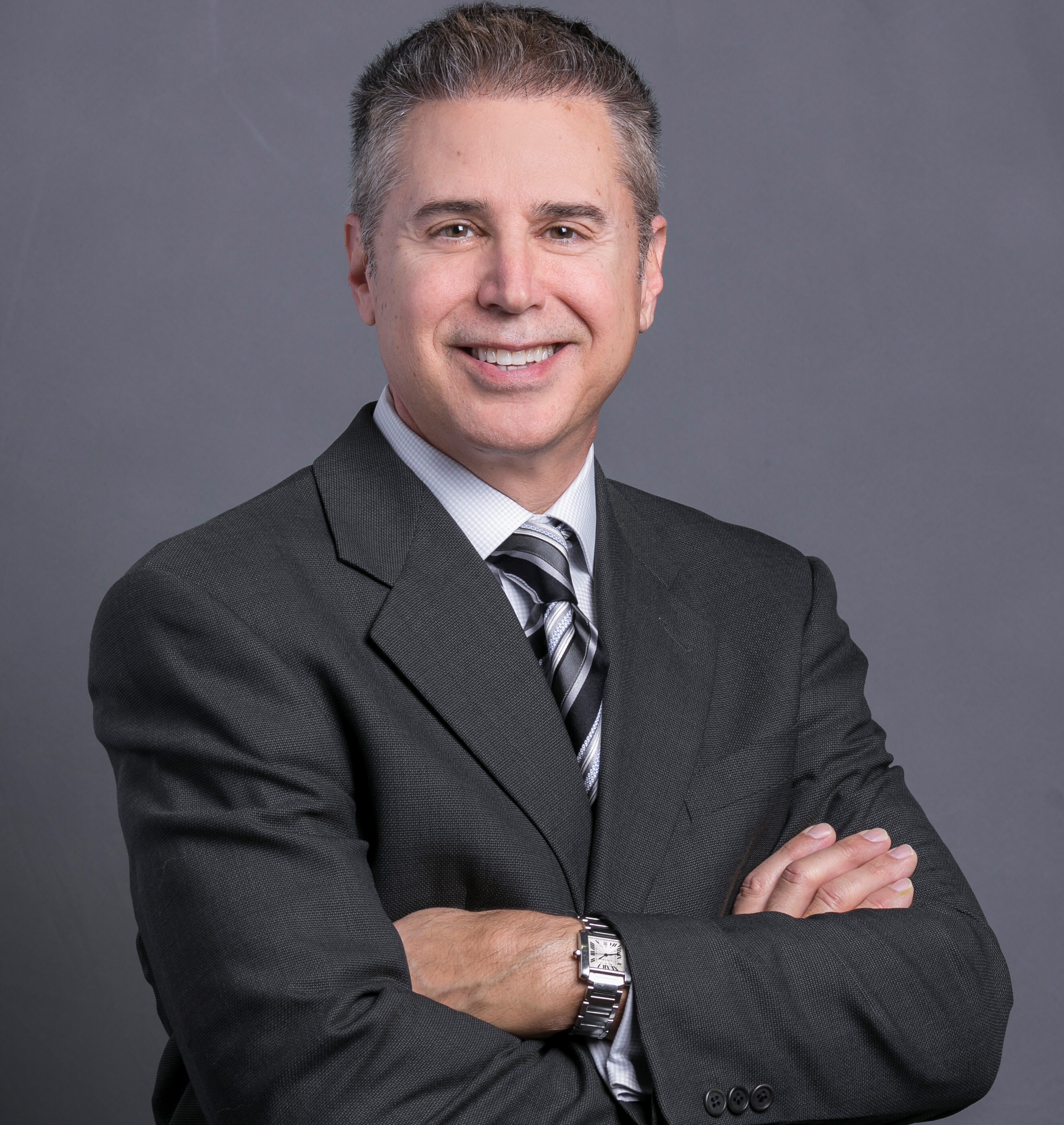Communicators are masters of their craft, creating impactful messaging for colleagues and clients, and guiding the C-suite in decision-making opportunities. However, when it comes to understanding and building financial acumen, some may need an extra hand.
We sat down with two IABC leaders, Paul Omodt and Michael Shepherd, to learn more about why communicators should be well-versed in financial acumen and how they can learn to shape a numbers narrative.
Defining Financial Acumen
What is financial acumen? Omodt takes a narrative approach to finances, defining it as the ability to have a conversation in a different language.
“Financial acumen means you can take the numbers and translate them into a story and understand the relationships of the characters and actors,” Omodt says. Communicators are already expert storytellers, so by viewing numbers through a narrative lens, they can see the ways numbers form relationships with each other to impact outcomes.
Shepherd agrees that with their right-brained orientation, professional communicators may look at numbers as pure arithmetic and not fully grasp the broader story they convey. But if you look at the right set of figures and key ratios, you will clearly see how a narrative takes shape.
Both Omodt and Shepherd note that understanding the financial aspects of an organization helps communicators make an impact. Shepherd takes a more technical approach to defining financial acumen, saying it is “the ability to look at key financial performance indicators and how they inform better decision-making at both the governance and managerial levels of an organization.”
Why Be Well-Versed in Finance?
Whether you work in a nonprofit or for-profit environment, Omodt notes, everyone needs the ability to manage, understand and impact a budget. Communicators, after all, are the ones selling that impact.
The financial narrative is every bit as important as a business’s operational narrative. In a perfect world, Shepherd says, both will align. However, that’s not always the case. When communicators can identify the disconnect, they can better understand what decisions need to be made at an executional level and know the best way to guide the organization going forward.
Understanding a budget gives communicators another reason to earn their seat at the table. “Budgets are policy direction. They tell you what’s important,” Omodt says. “Being able to translate that makes you a better communicator.”
Strategies for Understanding Financial Acumen
What’s the best way to jumpstart your financial acumen education? Omodt and Shepherd encourage asking for help. “Go to the individual who is responsible for budgeting and financial management and ask them to share a financial spreadsheet or budget so that you can better understand it,” Shepherd advises. “The vice president of finance, CFO or controller often will appreciate you taking the time to view operational performance through their lens."
Omodt compares asking someone for help in this manner to visiting a country and not knowing its native language. When visiting that new place, know the basics and asks questions to show respect and gain a deeper understanding.
Beyond looking to a financial acumen expert for insight, Shepherd suggests utilizing various resources for self-study, such as working in an online financial accounting software. An application like QuickBooks “simplifies the mechanics of accounting so that non-finance professionals can understand and execute basic functions.” Beyond that, Shepherd recommends reading publications like the Wall Street Journal to learn more about the corporate finance world and how leading global companies respond to the challenges and opportunities that present themselves.
Overcoming Uncertainty
If you’re still getting comfortable with creating and understanding your organization’s budget, reflect on the fact that you manage money more often than you realize.
“We are the chief financial officers of our lives,” Shepherd says. “We manage our household finances, we manage a checkbook. We may not develop balance sheets, work with a chart of accounts or cash flow statements, but most of us have a system. While we don’t necessarily see ourselves as financial stewards, the fact is we are practicing accounting in some form. Taking on a volunteer finance role is an opportunity to expand on that knowledge.”
Omodt advises to start small by looking at the financial basics. When you understand the 101 of a balance sheet and how each part relates to the whole, the more challenging parts can grow from that foundation.
“IABC has great resources through Leadership Institute to teach you how to assume this role. If you want to gain financial acumen, make it a responsibility and learn it as a chapter treasurer.”
Build Your Skills With IABC
As a member of a professional organization like IABC, resources for understanding financial acumen are at your fingertips. “If you weren’t trained in classical business in college, everyone should take IABC educational programs,” Omodt says. Shepherd agrees, noting that each IABC chapter has a leader portal featuring valuable financial tools and resources.
Sometimes, the best way to learn a new skill is on the job, which is why Omodt encourages all IABC members to volunteer with their IABC chapters. The treasurer position is a difficult one to fill in a communication organization, but according to Omodt, that position opens doors. “IABC has great resources through Leadership Institute to teach you how to assume this role,” he says. “If you want to gain financial acumen, make it a responsibility and learn it as a chapter treasurer.”
Omodt shares how an expertise in financial acumen allowed IABC Minnesota to find the dollars to fund a scholarship program for student members. When reviewing income from dues, programs, sponsorship and conferences, the chapter noticed they were paying 15% of the budget toward officers’ insurance, and paying more for a chapter of 100 people than they did for one of 500 people. IABC Minnesota brought this up to the Council of Regions to find a better way to use this revenue. Now, that revenue helps fund the chapter’s scholarship program.
“Having a seat at the IABC table is a way to interface without judgment,” Omodt says. “In a membership organization, people are there to be a circle of mentors who are willing and able to answer questions and give advice.”
Finance is the language of the C-suite. By understanding financial acumen, communicators become stronger in their role because they can better explain and articulate a value proposition to leadership. What story do you want to tell?
Ready to deepen your understanding of financial acumen? Browse courses from the IABC Academy, and register now for the IABC World Conference 2021, taking place online 28–30 June.
Paul Omodt and Michael Shepherd Paul Omodt, ABC, APR, Fellow PRSA, MBC, SCMP, has been an IABC member for over 25 years and is currently the treasurer for IABC Minnesota and a Pacific Plains Region chapter advocate. Paul is the founder and principal of Omodt & Associates Critical Communications, a full-service communications firm based in the Twin Cities. A regular speaker at communication conferences across the country, Paul also serves as an adjunct professor in the undergraduate emerging media department and graduate MBA program at the University of St. Thomas in St. Paul, Minnesota. A proud Minneapolis native, he is a 1984 graduate of Minneapolis Southwest High School and current Twin Cities resident.
Paul Omodt, ABC, APR, Fellow PRSA, MBC, SCMP, has been an IABC member for over 25 years and is currently the treasurer for IABC Minnesota and a Pacific Plains Region chapter advocate. Paul is the founder and principal of Omodt & Associates Critical Communications, a full-service communications firm based in the Twin Cities. A regular speaker at communication conferences across the country, Paul also serves as an adjunct professor in the undergraduate emerging media department and graduate MBA program at the University of St. Thomas in St. Paul, Minnesota. A proud Minneapolis native, he is a 1984 graduate of Minneapolis Southwest High School and current Twin Cities resident.
 Michael Shepherd, 2020-2021 Chair for IABC - Pacific Plains Region, serves as managing partner for The Shepherd Group, a regional PR firm with offices in Seattle and Newport Beach. The award-winning communicator has developed PR and marketing communications programs for some of the world’s most recognized brands, including Alaska Airlines, AT&T, Bank of America and Westin.
Michael Shepherd, 2020-2021 Chair for IABC - Pacific Plains Region, serves as managing partner for The Shepherd Group, a regional PR firm with offices in Seattle and Newport Beach. The award-winning communicator has developed PR and marketing communications programs for some of the world’s most recognized brands, including Alaska Airlines, AT&T, Bank of America and Westin.